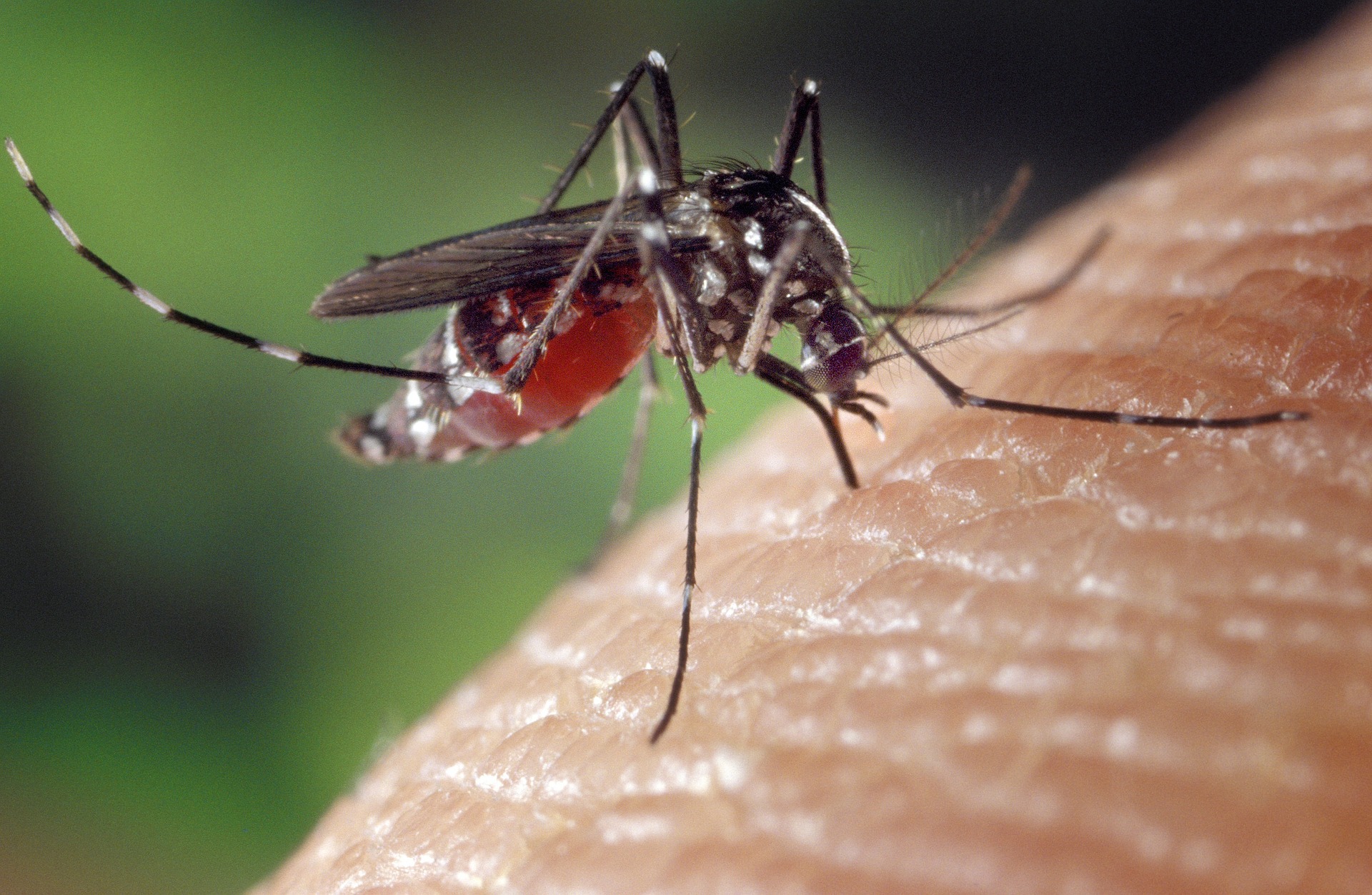
A cooler and wetter winter in Southern Nevada has left more stagnant water across the area, creating ideal breeding conditions for mosquitoes. As a result, experts predict that the region could see more mosquitoes this summer, which increases the risk of West Nile virus cases. While the Southern Nevada Health District typically does not experience a surge in mosquito-borne illnesses, the possibility of an outbreak remains. West Nile virus is the main driver of mosquito-borne diseases in the continental United States. Experts urge residents to remove any stagnant water in their backyards and wear long-sleeved clothing during peak mosquito hours to reduce their risk of being bitten.
Mosquitoes are opportunists when looking for places to lay their eggs and will use anything with standing water, from swimming pools to stray pails outside to broken sprinklers. Backyard mosquito breeding is a significant problem, and residents living near areas where stagnant, unchlorinated water sits may be at greater risk of being bitten by mosquitoes. The majority of West Nile virus cases in the U.S. occur during “mosquito season,” which begins in the summer and lasts through fall, presenting issues in Southern Nevada, where many residents and tourists alike flock to the outdoors in the early mornings or late nights when temperatures are not as hot.






